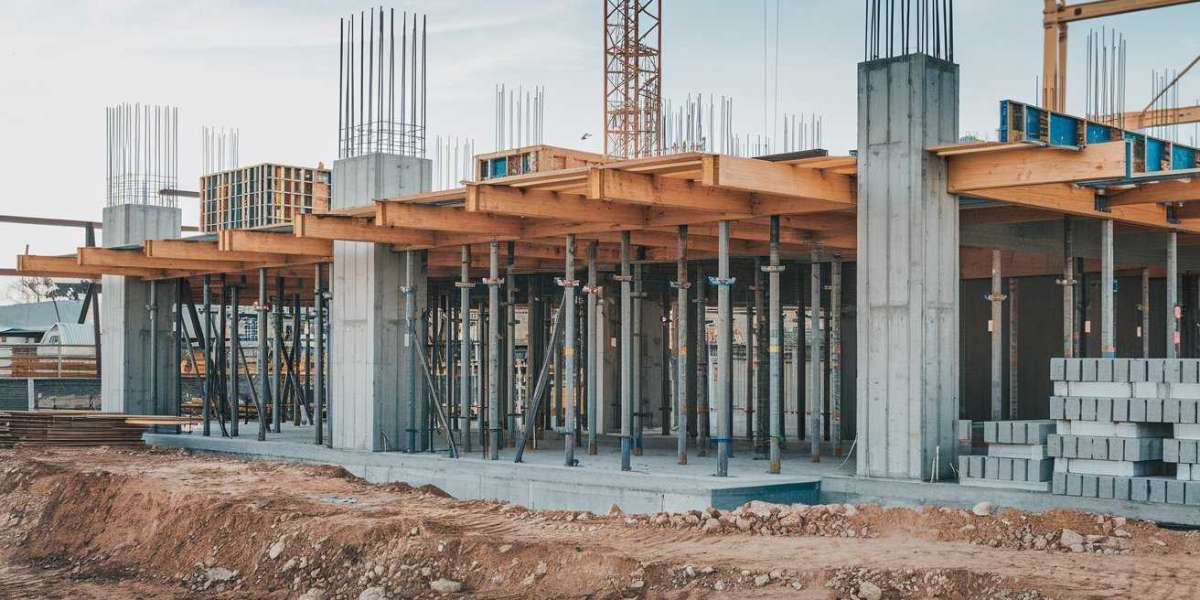Builders risk insurance is a specialized type of property insurance designed to protect buildings and structures during the construction or renovation process. This coverage is essential for anyone involved in a construction project, as it safeguards against various risks that can lead to significant financial losses. In this article, we will explore the key aspects of builders risk insurance, including what it covers, who needs it, and how to choose the right policy.
What Is Builders Risk Insurance?
Builders risk insurance, also known as course of construction insurance, provides coverage for buildings under construction or renovation. This insurance protects against property damage due to unforeseen events such as fire, theft, vandalism, and severe weather conditions. Unlike standard property insurance, which covers completed structures, builders risk insurance is specifically tailored for properties that are not yet finished, making it a crucial component of any construction project.
Key Coverage Areas
A typical builders risk insurance policy covers the following:
- Property Damage: Protection against damages caused by fire, lightning, hail, explosions, theft, and vandalism.
- Materials and Supplies: Coverage for materials and supplies that are on-site, in transit, or stored off-site.
- Temporary Structures: Insurance for temporary structures such as scaffolding and construction forms.
- Debris Removal: Costs associated with debris removal after a covered loss.
- Soft Costs: Additional expenses that may arise due to delays from property damage, including lost sales, rental income, and additional interest on loans.
Who Needs Builders Risk Insurance?
Builders risk insurance is essential for anyone with a financial interest in a construction project, including:
- Property Owners: Individuals or entities that own the property being constructed or renovated.
- General Contractors: Contractors overseeing the construction project.
- Subcontractors: Specialized contractors who perform specific tasks on the project.
- Lenders: Financial institutions that provide funding for the project.
- Architects and Engineers: Professionals involved in the design and planning of the construction.
Exclusions to Consider
While builders risk insurance provides extensive coverage, it also has specific exclusions that policyholders should be aware of:
- Natural Disasters: Many policies exclude coverage for damages caused by earthquakes, floods, and windstorms in certain areas.
- Wear and Tear: Normal wear and tear, rust, and corrosion are typically not covered.
- Employee Theft: Losses due to employee theft are generally excluded from coverage.
- Faulty Workmanship: Costs associated with repairing or correcting faulty work are usually not covered, although some policies may include provisions for ensuing damage caused by such work.
How to Choose the Right Builders Risk Insurance Policy
Selecting the right builders risk insurance policy requires careful consideration of several factors:
- Assess Your Coverage Needs: Evaluate the specific risks associated with your construction project, including the type of structure, location, and materials used. This assessment will help determine the appropriate coverage limits and policy features.
- Work with an Experienced Agent: Collaborate with an insurance agent or broker who specializes in builders risk insurance. They can help you navigate the complexities of coverage options and exclusions, ensuring you select a policy that meets your needs.
- Understand Policy Terms: Familiarize yourself with the policy's terms, including when coverage begins and ends. Typically, coverage starts once the construction contract is signed and ends when the project is completed or occupied.
- Compare Quotes: Obtain quotes from multiple insurance providers to find the best coverage at a competitive price. Be sure to compare the specifics of each policy, including coverage limits, deductibles, and exclusions.
- Consider Additional Endorsements: Depending on your project's unique risks, you may want to add endorsements to your policy for additional coverage. Common endorsements include coverage for natural disasters and extended coverage for specific materials.
Conclusion
Builders risk insurance is a vital component of any construction project, providing essential protection against various risks that can lead to significant financial losses. By understanding the coverage options, exclusions, and how to select the right policy, stakeholders can ensure their investments are adequately protected throughout the construction process. Whether you are a property owner, contractor, or lender, having builders risk insurance is a prudent decision that can safeguard your financial interests and contribute to the successful completion of your project.








